“Although there are many, many heroes deserving of recognition and acclaim during these weeks, none stand out quite like Clay Chandler and his people at the Water Resources Department.”


“Although there are many, many heroes deserving of recognition and acclaim during these weeks, none stand out quite like Clay Chandler and his people at the Water Resources Department.”

“It turns out it was Steve Shoaf, Asheville’s director of water resources from 2009-15, who recognized the need following the 2004 flood (among others) and advanced the idea before his retirement.”
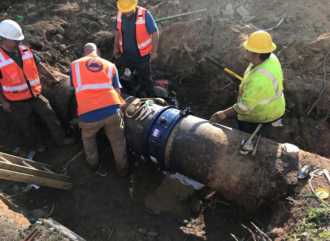
Two lawsuits filed in 2018, both of which reached final settlements on June 8, challenged several of the fees Asheville has used to raise money for repairs and updates to the water system. Together, the settlements could have the city pay nearly $2 million to dismiss claims that those fees were charged illegally and prevent the collection of $37 million in fees over the next five years.
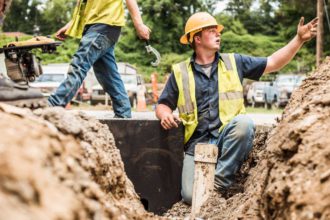
“They are supposed to notify the customers to boil the water and then take a sample to make sure there is no bacteria present in the water and then they lift the boil water advisory,” Kimberly Barnett, the regional manager for Asheville at the state Department of Environmental Quality, told Carolina Public Press. The city of Asheville didn’t follow that process after widespread water outages on April 1.
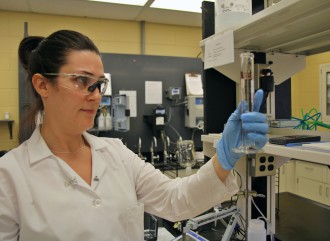
Western North Carolina enjoys an abundant supply of high-quality water. Even so, experts say, whether you get your water from the city, a well, a bottle or through a home filter, it’s important to remain vigilant to ensure that the water you drink is really clean, safe and healthy.

The city’s new boil water advisories will be triggered when work on the water system results in a drop in pressure. While testing is being performed to ensure that the water supply is safe, the advisories will let system customers know that a possibility of contamination exists.
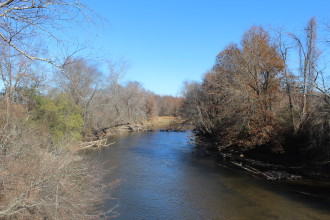
As a very dry fall moves toward winter, municipalities, officials, scientists, farmers and citizens all ponder the deepening effects of the drought in Western North Carolina.
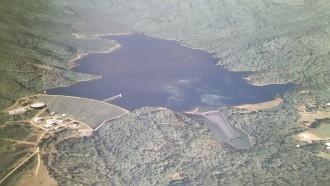
The Asheville Water Resources Department shared plans for a major improvement project at the city’s 60-year-old North Fork Reservoir in four public meetings held Aug. 22-25. The $30 million to $35 million project will increase the reservoir’s capacity and bolster the dam’s ability to handle extreme rain events safely.